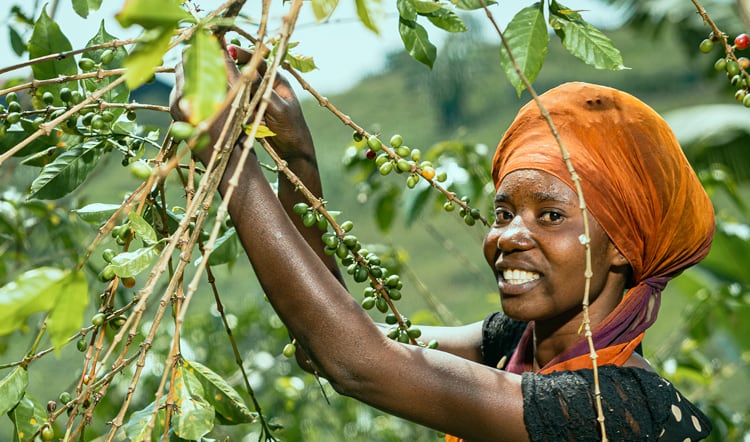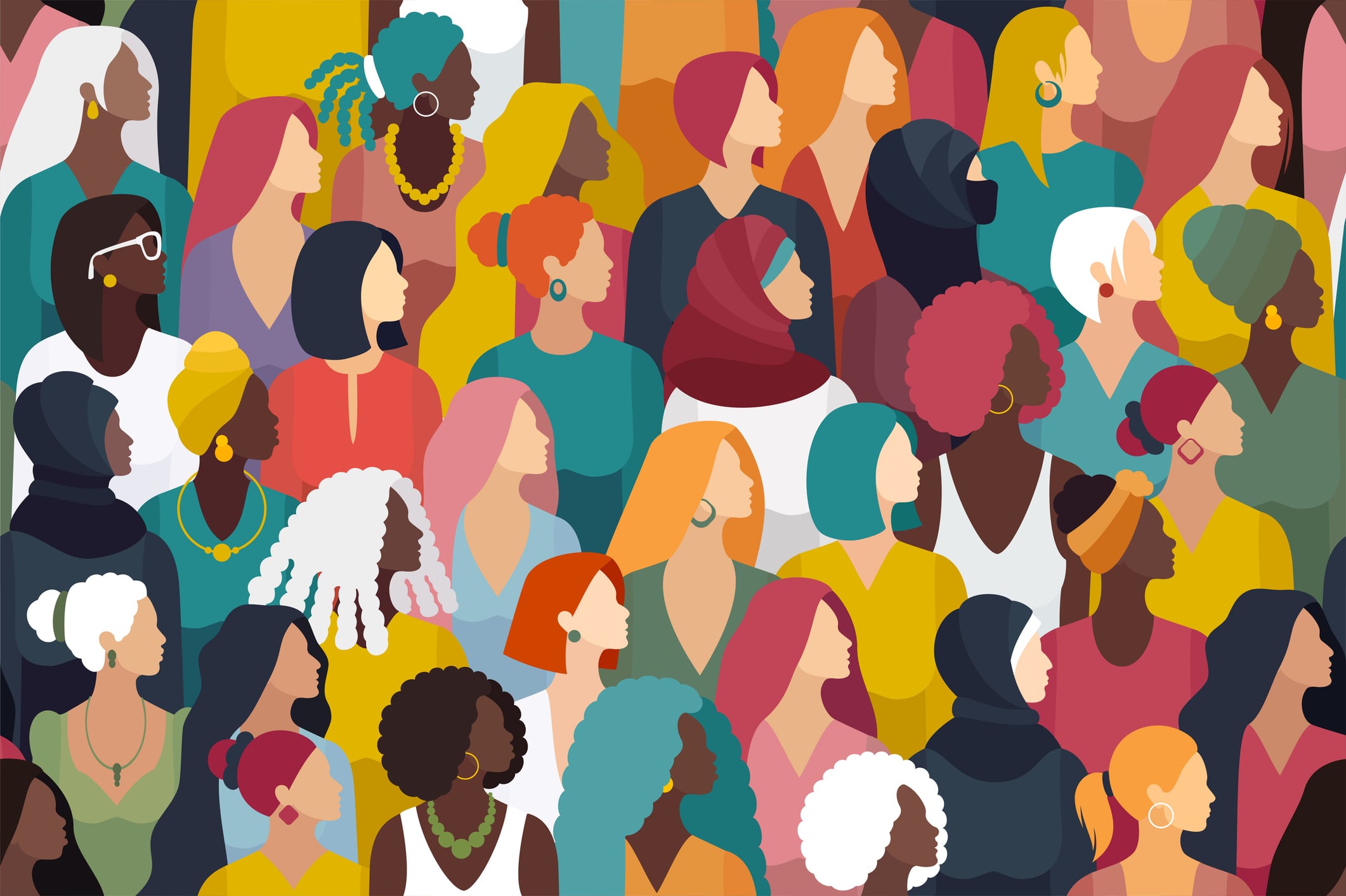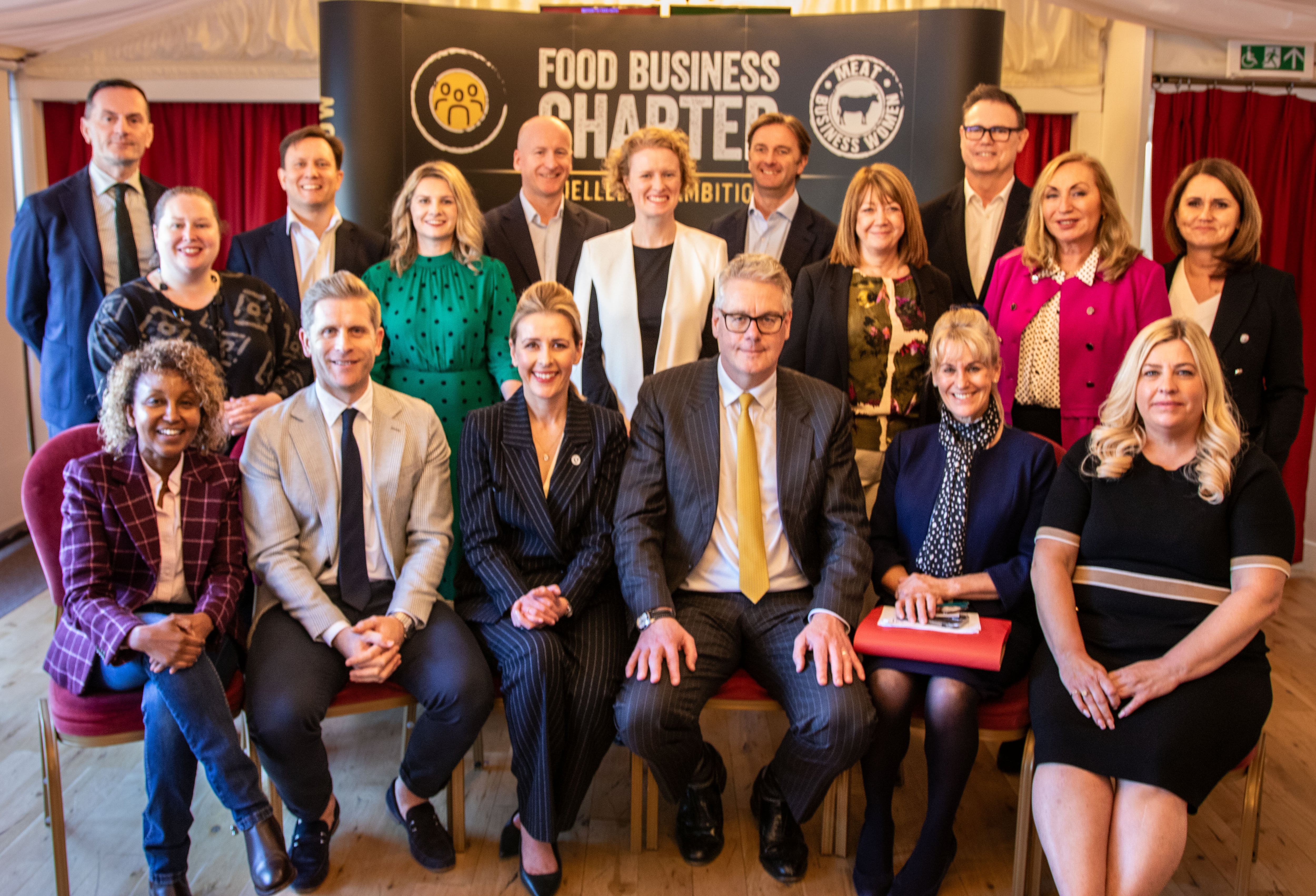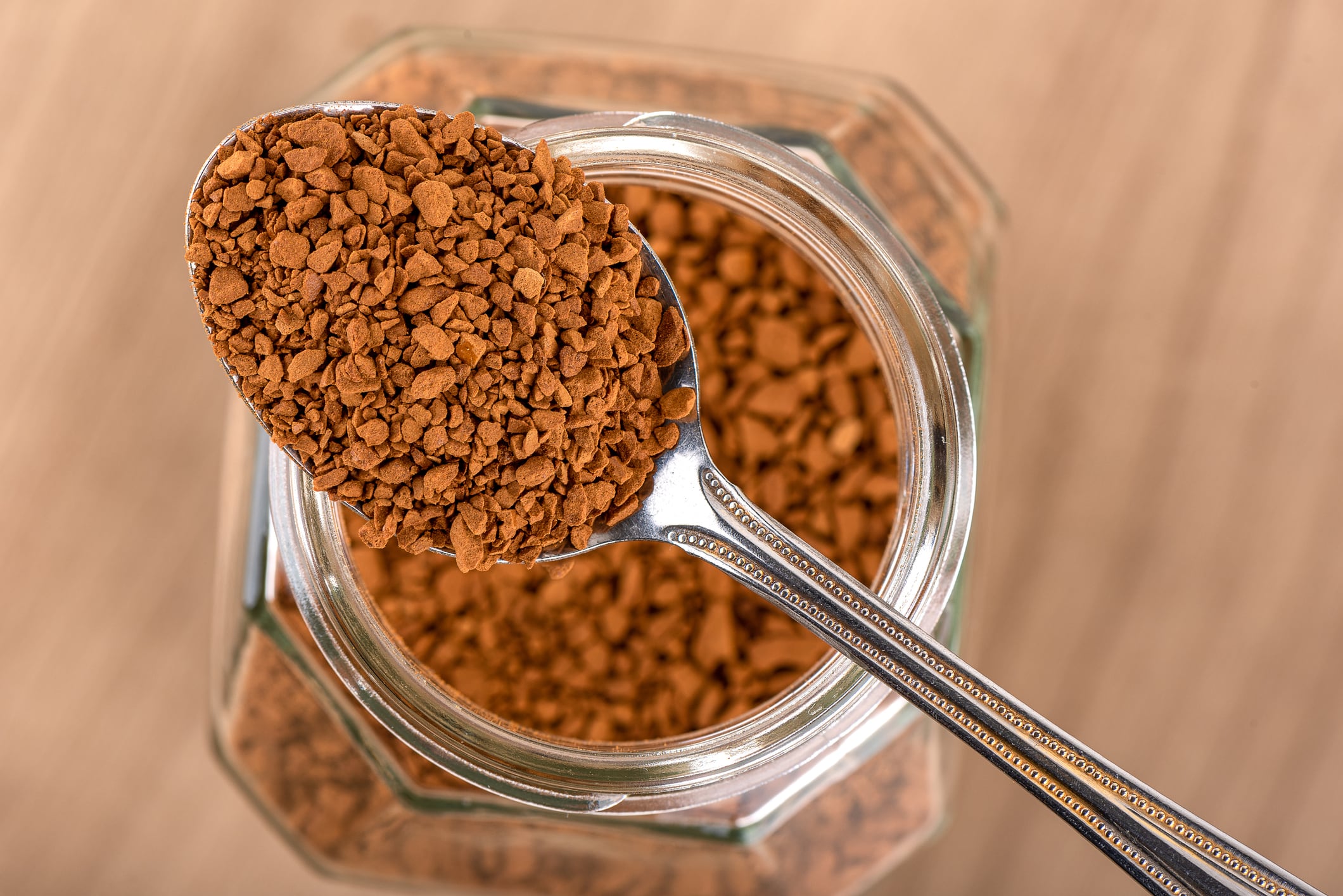In what ways does gender inequality manifest itself in the coffee industry?
Women play an integral role in driving quality, productivity and sustainability in the coffee industry, continuing to shape the world of coffee farming for future generations. In fact, they make up almost three quarters of the global coffee farming workforce, doing everything from picking to processing the coffee.
Yet only one in five coffee farms are run by women. On top of this, they have more limited access to land, resources and fair prices for their coffee than their male counterparts, and it’s common for them to be excluded from buying meetings and top-line decisions.
Addressing the gender imbalance in the coffee industry isn’t only the right thing to do, it is also increasingly important for better, more sustainable coffee production. Because if more people have equal access to training and resources, there are simply more people reaching their potential.
Women have also been shown to reinvest up to 90% of their income into their families and communities, driving long-term social and economic benefits.
We mustn’t overlook how important women farmers are to tackling climate change either – especially not now, when extreme weather events are contributing to a volatile market with higher coffee prices than ever before. Tackling climate challenges requires innovation, and gender-inclusive practices ensure the best ideas and techniques are adopted across the industry.
What steps are being taken to empower women in the industry?
There are so many incredible companies, initiatives and projects across the global industry that are founded by, owned and run by women. Cafeina, for example, is a gender-equity group that Pact Coffee has been fortunate to establish a relationship with.
Founded to give women in coffee rightful visibility, Cafeina is a cooperative of more than 2,000 women that stands as a symbol of strength, overcoming adversity, and female leadership. Each member owns a farm that produces high-quality speciality coffee, and what’s sold by Cafeina helps the cooperative recruit more members.
Pact Coffee purchased almost three times as much Cafeina coffee in 2024 as we did in 2023 –and this will increase further in 2025. We’ve seen first-hand how much this has contributed to the group’s upward trajectory. It has funded training sessions, courses, visits to farms from agronomists and support for female farmers exporting their coffee to overseas markets for the first time.
Purchasing coffee from Cafeina has also given us the chance to engage consumers with the remarkable stories of its members and inspire them to make a direct impact at source by choosing to brew Cafeina beans for their coffee.
How can manufacturers in the UK support gender equality in the coffee industry?
Fairer practices are firmly at the heart of much of the speciality coffee market, and it’s no longer enough for coffee to taste good; ethically conscious consumers place value on the fact that the beans they buy do good too.
By simply being more deliberate in buying, roasting and selling beans grown by women, and making a commitment to back their work and give them the support they need to shine, manufacturers can address all these things and continue to make truly outstanding coffee with beans that are better for people, the planet and farmers.
As well as our ongoing work with Cafeina, we will be launching a limited-edition pack of coffees crafted by women in coffee. The pack presents a fantastic opportunity to us as a company to shine a spotlight on women farmers and, at the same time, give consumers a chance to discover new and delicious roasts from around the world. It’s a win for everyone.
The pack consists of three bags of 125g coffee – each the result of a partnership between Pact Coffee and a gender equity group.
What can manufacturers be mindful of in their supply chains to prevent cases of gender inequality?
The right supply chain policies can empower women and increase access to assets, finance, education and skills – ultimately enabling women farmers to achieve better yields and higher profits.
This means making the inclusion of women a key consideration when evaluating your supply chain. Our direct trade model at Pact Coffee makes this easier to do and track. It cuts out many of the steps that you find in the usual hands-off supply chain approach, and working directly with the farmer means fairer deals for farmers we know on a first-name basis.
For Pact Coffee, direct trade has also allowed us to build and maintain long-term partnerships with women that we’ve worked with for years. This is not only through the purchasing of their beans, but also through contributing directly to projects and programmes that seek to address gender inequalities.
Meanwhile, check in with Paul Turton, the CEO of Pact Coffee, on the February edition of the Food Manufacture Podcast.





